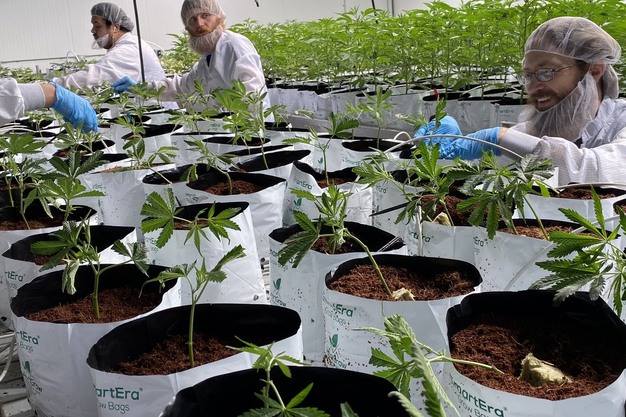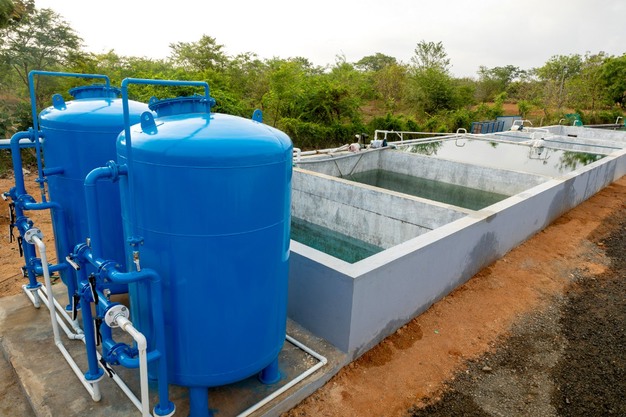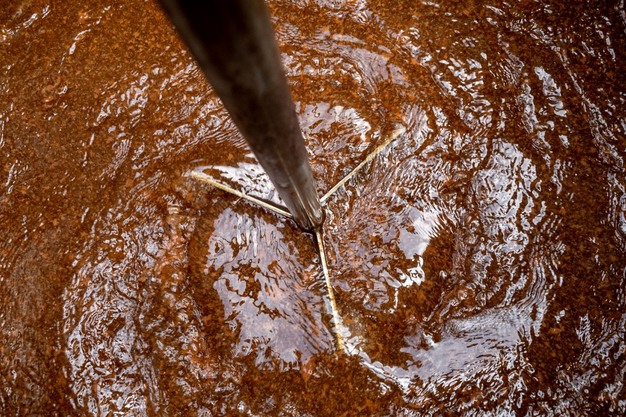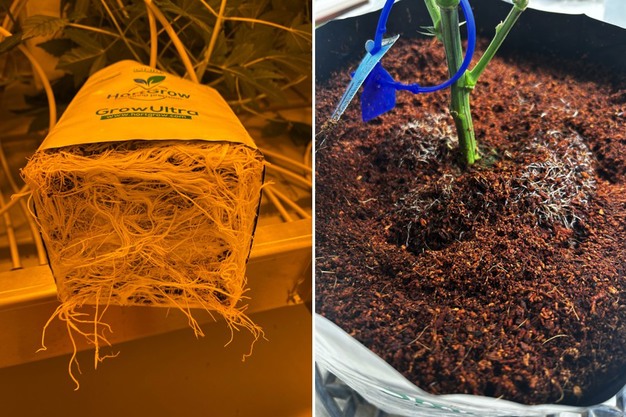"In traditional horticultural crops, like tomatoes or berries, there is already a focus on the origin of the coco: is it sustainably produced and are fair trade practices used? Yet in the cannabis industry, there's not yet a focus on that," says Chris Vaos, Director of Product & Business Development at HortGrow, a coco coir supplier with its facility in India. Chris recently joined the company to target the cannabis industry. "Many cannabis growers have been trying to cut costs these past years. So, it's our job to show cannabis growers that the cheapest coco is not always the best option. Quality, sustainability, and fair-trade practices are important to take into account."
Sustainability and fair-trade practices
Chris explains that HortGrow was founded in 2018, because the founder noticed that growers were dealing with low-quality and inconsistent supply from coco suppliers. Moreover, he wanted to found a company that commits to sustainability and fair-trade practices. "The processing plant in India functions on roughly 50% harvested rainwater. All of the wastewater is brought into a reverse osmosis (RO) system and is reused as many times as possible. In India, such practices are unique," Chris says. "The coco itself is also sustainable since we use a byproduct from another industry," he adds. "It's not like we're harvesting coconuts just for the coco coir. They're being used for the juice and oil, and we're using the byproduct husk that would be wasted anyway."

And then there are the fair-trade practices, which are equally important. "We're taking very good care of the employees in India. It's a majority female employed company and the employees are paid 50% above minimum wage."
"Our commitment to producing high-quality coco in a sustainable and fair-trade manner defines our approach," Chris says. "We observe that many horticultural sectors, such as raspberry growers, value a consistent supply of high-quality coco with a reputable origin. As a result, we've been able to gain trust among those growers. However, some cannabis growers have traditionally focused on cost-cutting, overlooking the long-term benefits of superior quality and sustainability. This mindset presents a unique challenge for us, but we are dedicated to demonstrating the value of our premium products."
Salt and texture
Another important aspect is that when coco is harvested near the sea, the salt levels are higher. "Our coco is harvested inland, so it has a much lower salt content and we don't have to rinse it as much. It comes from a precipitous region, where the rainwater rinses it naturally. So, it's great that growers don't have to worry about high salt levels."
On top of that, the texture is important for growers. "We are growers ourselves, with experience in high value agriculture. We understand that both physical and chemical characteristics are important. If the coco is too fine, it holds too much water, and the plants grow too low. If the coco is too loose then it dries out too fast, and you end up irrigating more." Therefore, HortGrow has been working on the perfect texture. "We go through a proprietary process where we sieve and remove all the fine particles. Anything too small gets removed. Anything too large gets separated and added back at the right ratios." Having the right texture is important. "Our 3.5 liter containers are sometimes getting roots coming out of the bottom of the container in 4 days. After the first transplant, growers have to wait for the roots to take hold before they can start crop steering. So, the short transplanting time is an important benefit for many growers."
So far, the company has been steadily growing these past years. "It's a good sign that we need to stick to our methods and ideals. We hope to help many more growers in the future."
For more information:
HortGrow Solutions
www.hortgrow.com
